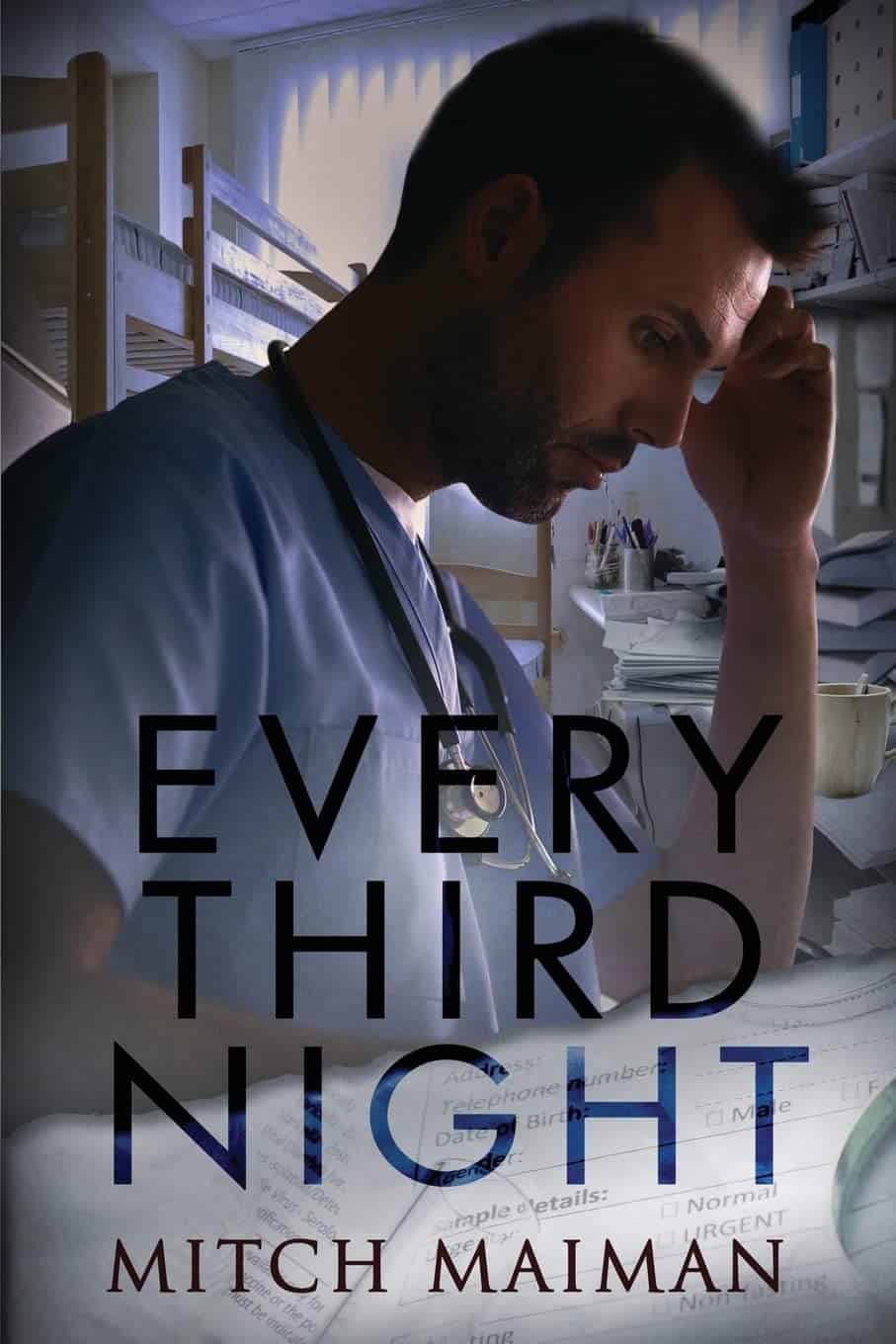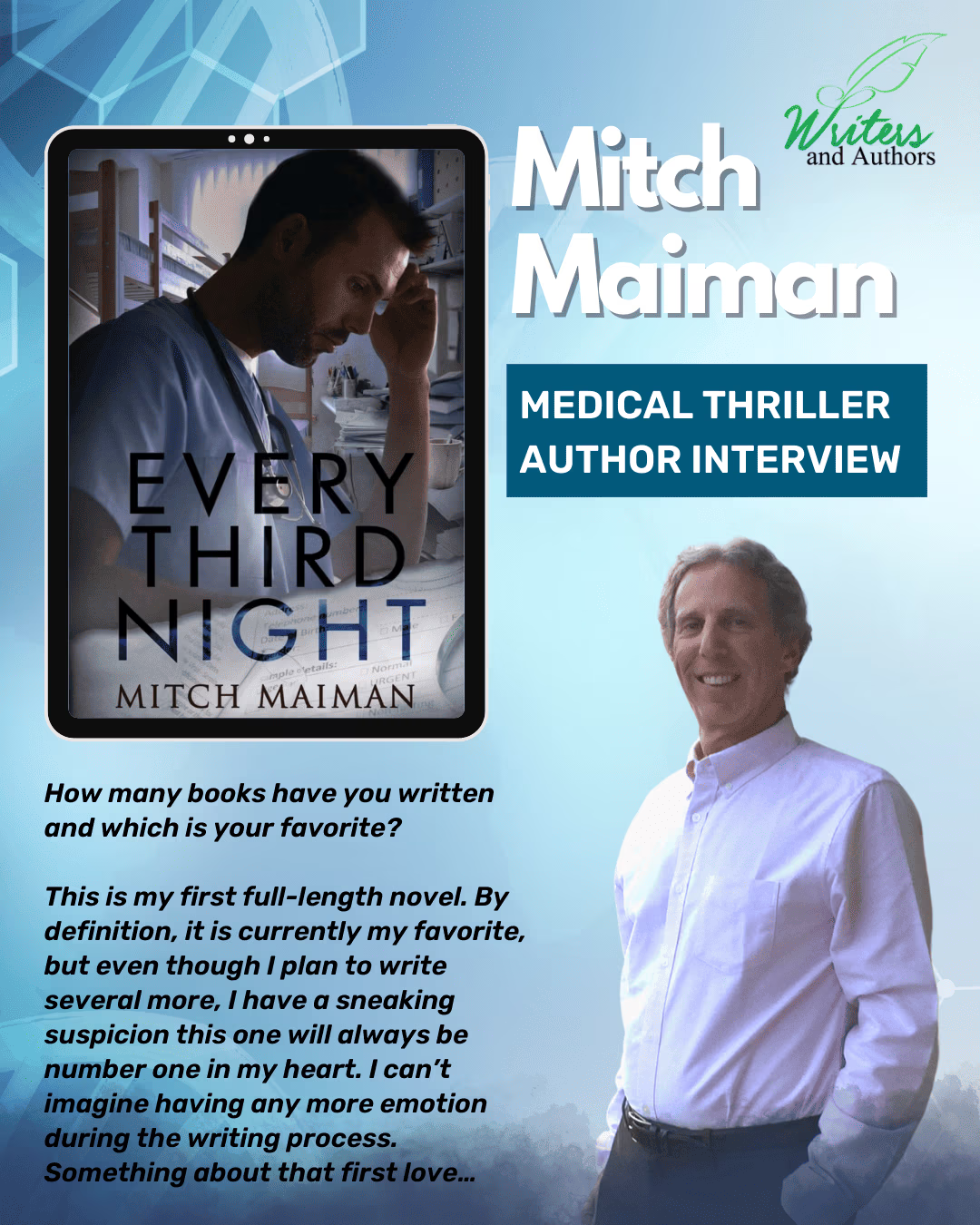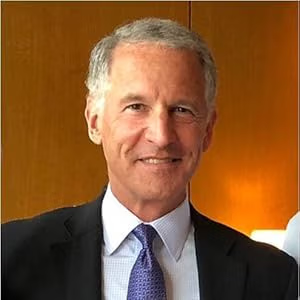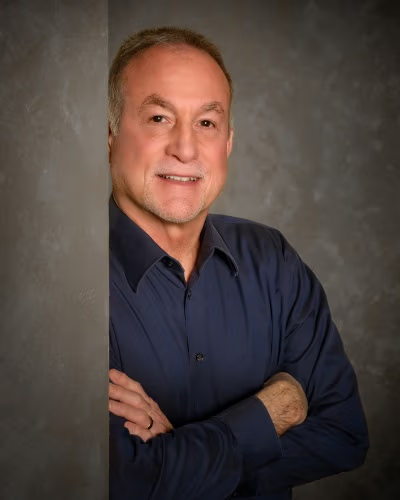How many books have you written and which is your favorite? This is my first full-length novel. By definition, it is currently my favorite, but even though I plan to write several more, I have a sneaking suspicion this one will always be number one in my heart. I can’t imagine having any more emotion during the writing process. Something about that first love…
What part of the book did you have the hardest time writing? The ending, for sure. I would imagine that the majority of novelists feel the same way. All the loose ends must be tied together, all the subplots have to merge into one unifying finale that both satisfies the reader but stays true to the book’s essential theme. It is what the average reader will remember and talk about.
What part of the book was the most fun to write? The first chapter. One has the primary concepts of a new manuscript running through their head for so long, and then it’s finally time to put pen to paper. On your mark, get set, go. Now you are off and running, and there is no turning back. The ideas are flowing like a violent river and the fingers are moving on the keyboard at record speed. How exciting! And it is the completion of that first chapter that seals it, solidifies it, and sets a process in motion that will consume you for the next several months or even years.
Which of the characters do you relate to the most and why? The protagonist, Jimmy Zito, for sure. He is a very complex character and struggles with substantial internal conflicts that we all undoubtedly grapple with at some time in our lives. He is emotional and he is real. In addition, while he seems outwardly calm and stable, his inner demons sometimes break through and cripple him. The pressures of his residency program are overwhelming, similar to my own experience during a grueling medical training program in the 1980s in a large New York City municipal hospital. Even though all of the episodes in the novel are fictional and none actually happened, any one of them could have occurred and they could have happened to me.
If you are planning a sequel, can you share a tiny bit about your plans for it? The sequel will be entitled “Every Fourth Night” and take place about two years later when Jimmy has three other partners in private practice. Thus, the more abbreviated on-call schedule. The protagonist will face a new set of challenges. It will again be a medical thriller, but with a far different twist.
What is a significant way your book has changed since the first draft? It has changed in so many ways, but the most dramatic would be the ending. I totally changed the original final chapter, in a way to maximize the growth of my most important character and to make the story more uplifting. I thought back to my own life experience and tried to simulate a parallel path.
What perspective of beliefs have you challenged with this work? I have challenged the belief of the purity and sanctity of American medicine, and particularly the moral pedestal that most people believe health care stands on. It is simply not true. There are so many ugly truths about residency training that the public should be aware of, even if they are partially offset by the beauty of learning your trade in the most wonderful of all professions. It was meant to be an eye-opening expose, as well as a medical thriller with unending conflicts and, of course, a poignant love story.
What inspired the idea for your book? The idea was generated by the realization that so few lay people really understand the grueling, highly abusive nature of medical residency training, especially in bygone eras when there were no duty hour restrictions or safeguards to protect young physicians. In addition, there was a need for fellow doctors who endured such deplorable conditions to have their story told and share the commonality of typical conflicts. I felt the best way to accomplish this goal was through a fictional story that easily could have simulated any of our actual true-life experiences.
How would you describe your book’s ideal reader? I believe “Every Third Night’s” ideal reader is one of two types- a layperson regarding the medical profession who is keenly interested in learning and entering a new world of information demonstrated through a riveting and emotional story line, AND a person with ties to the medical profession who might uniquely relate to the conflicts broached in this novel from the vantage point of a likable but flawed protagonist and his inner turmoil.
How much research did you need to do for your book? Being that a spent my entire medical career intricately involved with the issues addressed in my novel, I probably didn’t spend nearly as much time researching topics compared to a work of historical fiction foreign to me. However, they’re was still a good amount of fact-checking and verification that was necessary, probably a good thirty hours of work in total.
How important was professional editing to your book’s development? The importance of professional editing cannot be underestimated. Even after revising, reviewing, and proofreading my manuscript countless times, there were still a host of errors of all types discovered by the editors. In addition, we all develop a very biased and protective attitude regarding our written work, and it is vitally important to have a neutral pair of eyes to assess what we might think was the final product.
What was your hardest scene to write? The climax scene in Chapter 29, where all the previous sub-plots come together in a highly emotional and unpredictable fashion. Every detail, no matter how minuscule, had to be perfect and exact in order to maximize the drama of the moment. It needed to be flawless.
What characters in your book are most similar to you or to people you know? Many of the main characters have elements of their personalities taken from physicians or lay persons that I have encountered in my own life experience, but none come even close to exactly personifying any one individual. In fact, many have elements of several different characters, especially the protagonist who is quite multi-dimensional in his traits. When an attractive idea pervades my thought process, I try to put it somewhere.
How long did it take you to write this book? It took me about three years to write “Every Third Night” in total, but it there were many breaks in my composition due to my medical career as well as personal setbacks. Retiring from medicine enabled me to devote a more continuous effort to this project.
How did you come up with the title for your book? The on-call schedule was every resident’s living nightmare, and it was defined by how often one had to spend thirty-six hours continuously in the hospital. “Every Third Night” was the most typical regimen, particularly in surgical or Ob-Gyn residencies, and it was a brutal and relentless way to undergo medical training that was unhealthy for young doctors and unsafe for patients.
Would you and your main character get along? Probably not at first, because we were too much alike. A younger version of the current me would probably hopelessly conflict with the protagonist, but I would hope my current older and hopefully wiser self would nurture and embrace him.
If you could meet your characters, what would you say to them? I would say the following: “I’m so sorry that you had to endure all that unnecessary stress and conflict, and society appreciates your efforts and commends your dedication and professionalism.”

“Every Third Night” is an eye-opening yet poignant story that is set in a busy, dehumanizing and unyielding New York City residency program in Obstetrics and Gynecology in 1984. It brings the reader into the real world of medicine at a time of limited supervision and brutal duty hours through the vantage points of young physicians enduring stressful conflicts and volatile relationships.
Protagonist and chief resident Jimmy Zito seemingly has it all- brilliant clinical skills, handsome, a talented teacher, and a gorgeous girlfriend to boot- but a troubled past and a rash of new conflicts leave him struggling to survive in this, his last month of training. He desperately tries to guide his fellow residents through their own personal traumas, but is not nearly as well equipped to handle the pressure as others might think, especially considering the toxic and exhaustive work schedule, unchecked aberrant behavior of attending physicians, and the highly competitive and emotional demands of Ob-Gyn.
Intern Henry Deluca grapples with the consequences of a horrific surgical complication that he feels responsible for. Co-chief resident Greta Greenberg struggles with her personal dilemma in a busy abortion clinic. Best friend Mike O’Rourke is driven to madness by an unreasonable superior’s callousness concerning a dying patient with ovarian cancer. And Kim Clark, Jimmy’s occult but obvious love interest, is at wits end after constantly being tortured by her sadistic Chairman. Jimmy’s ultra-needy girlfriend and stubborn father do not make things any easier. The intertwined subplots all mesh together and come crashing down when an unexpected, dramatic and haunting mishap leaves the program reeling and Jimmy’s life forever transformed.
Dr. Mitchell Maiman became a physician at age twenty-four and is now retired. As a specialist in Obstetrics and Gynecology and sub-specialist in Gynecologic Oncology, he has had a distinguished academic, clinical and research career in medicine and served as both a Director of Gynecologic Oncology and Chairman of Obstetrics and Gynecology at major New York City based university hospitals. He has been recognized for his numerous educational contributions in the field and his devotion and commitment to the teaching of residents and fellows.

Mitch lives with his wife, Dr. Judy Levy, in Long Island, New York and is an avid tennis player and practitioner of yoga. They first met during their residency training. This is his first novel. Click to Purchase on Amazon
Connect with the author
Website – https://mitchmaiman.com/





















